Search the latest and greatest job opportunities in sport
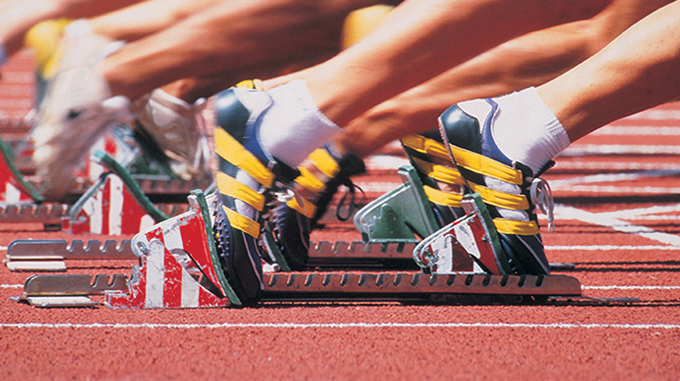
In this second of a two part series Nic Couchman, Chairman of GlobalSportsJobs’ legal partner Couchmans LLP, discusses the latest sports law and intellectual property rights trends influencing the international sports industry in 2017.
Working as we do with many organisations, businesses and athletes across 30 or so sports, we at Couchmans LLP have the privilege of seeing at first hand what is happening ‘at the coal face’ of the sports industry, and what are the main challenges which are confronting, or are about to confront, our clients. It is a particularly fascinating time in sports at the moment, as the effect of rapidly evolving media rights, a crisis in sports governance, disruptive technologies, and new market entrants and revenue streams interact in the market place.

6. Challenges to rights deals and processes
There have been a number of examples recently of contractual rights of renewal in sports rights deals either being ignored or challenged. In India, Sony asserted that it had a binding right of first refusal to renew the lucrative domestic IPL rights agreement but the BCCI insisted on putting rights out to tender (a tender that was subsequently postponed). In Australia, Tennis Australia are reportedly reviewing the process which led to their agreement with Channel 7 being renewed without public tender, and the Australian Securities and Investments Commission is now also investigating. There are several other recent examples of bidding processes (or the lack thereof) being challenged under applicable competition and/or procurement laws.
Options, matching rights, rights of first refusal and the like have always been contentious but increasingly it appears that throughout the World their appropriateness is being questioned for major rights. Increased competition for rights increases the scrutiny of long-term and/or non-tendered rights and contractual provisions designed to give the purchaser an “unfair” advantage. Going forward such arrangements are likely to be increasingly difficult to justify in the international arena.
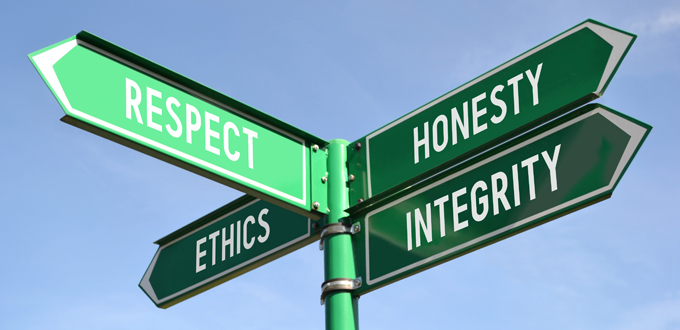
7. Integrity
Closely tied to governance, data and betting, the area of integrity remains high on the agenda, in particular with regard to betting-related cheating and match-fixing, and doping. In the sport of tennis, for instance, an Independent Review Panel is due to report on anti-corruption protocols, structures and resources in Q1 2017. Without making any specific comment with regard to tennis, the action taken by governing bodies in the area of integrity is in many cases inadequate to address the problems of match/spot-fixing, and this remains an area for investment and ‘root and branch’ reform in many sports.
Similarly, the bidding processes for major tournaments are undoubtedly in need of radical overhaul. FIFA president Gianni Infantino has recently announced that a “bullet-proof” bidding process will be drawn up for the 2026 World Cup.
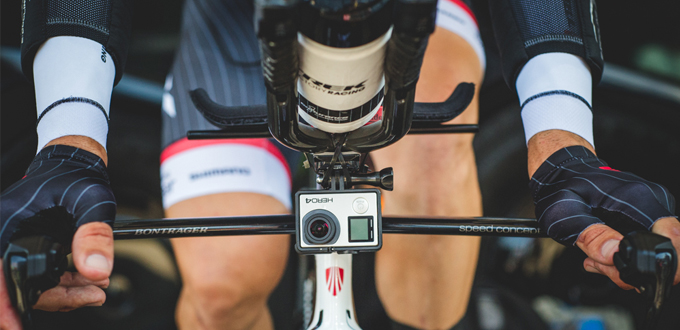
8. Wearable tech and personal data
The recently announced tentative agreement between the NBA and the NBA Players Association has addressed the issue of wearable technology for the first time in the sport, with the potential for real-time biometric data to be made available to coaches and fans. The partnership in cycling between Velon and GoPro featuring on-bike cameras has given fans a completely new perspective on the Tour de France. The legal questions are many – who owns the biometric data of athletes? Is this a data right, or a media right, or something else? How can such data be deployed by sports to enhance fan engagement whilst preserving competitive advantage?

9. China
China has thrown a large boulder into the international waters of the sports industry, and the waves are spreading far, wide and fast. Chinese interests have already made substantial acquisitions of agencies (Infront, M&P Silva) and properties (Ironman triathlon), they have invested in European football clubs and top players, and the Chinese sports investment bandwagon is continuing with partnerships recently announced between Alisports and World Rugby and FINA, and Wanda and TenCent with FIBA, and Alisports’ launch of major new esports tournaments. The opportunity presented by the surge of Chinese interest in sports is substantial, with Chinese media and investors seemingly willing to pay prices which western counterparts perhaps wouldn’t countenance, in order to ramp up sports know how and asset base and accelerate capture of market share. Legal changes in China and support from the government have encouraged and facilitated this phenomenon. From a legal perspective the challenges are many in terms of the regulatory position, the risk of changes to the legal environment, the level of protection for IP, and so on. Conversely, Chinese investors perhaps unfamiliar with the business of sport will need specialist support to assess and achieve successful deals.
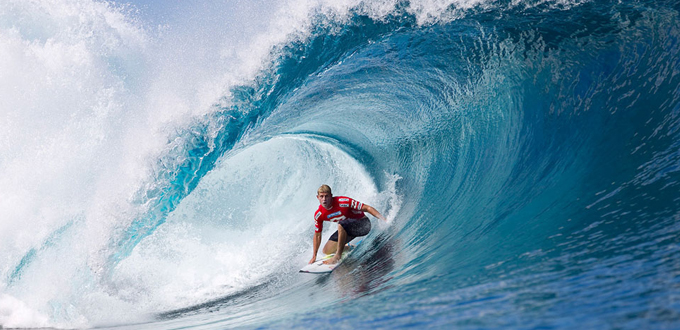
10. Niche sports/New formats
From pro surfing and skateboarding, to the UFC and esports, the minority/niche/lifestyle sports are in the ascent, with digital and social media being a massive driver, enabling delivery of high-quality live streaming and other content to global audiences, and propelled by the network effect of fans being able to interact with the athletes and share their views and content via social media. Meanwhile the tendency in the more mainstream sports towards new formats is continuing, with events such as Usain Bolt’s Nitro Athletics, Indian Premier Futsal, and of course new Twenty Twenty cricket competitions. These projects are creating new sets of commercial rights and IP, which often need to be disentangled from existing legal and contractual commitments. And as new niche sports become part of the Olympic family in 2020, turf wars between the various sports bodies involved may be on the horizon.
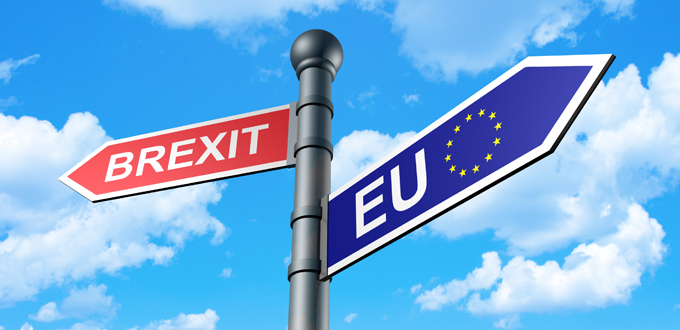
11. Bonus selection - Brexit
Will Brexit be a legal curve ball or a benign ‘loosener’ for the sports world? No-one knows at present as the process for the UK to extricate itself from the EU and the myriad of legal rules, obligations and arrangements hasn’t even begun. Certainly, however, sports bodies and businesses need to keep a close eye on the situation and the effect on existing and new rules, agreements and strategies as events unfold. Some of the specific implications for sport are considered in another article by Couchmans .
Catch up on part one of this series here.
Couchmans LLP is the UK's premier specialist sports law firm. For more information visit: www.couchmansllp.com
Give your career in sport a boost with the latest live vacancies , or create an account today and stay up to date with all the latest industry knowledge, events and jobs in sport.
Search the latest and greatest job opportunities in sport
In the world of professional sports, sponsorship represents a significant source of revenue and plays a vital role for t...
Read moreThe sports industry is a vibrant and multifaceted industry, made up of a diverse range of sectors that shape its global ...
Read morePablo Romero, director of protocol at Sevilla FC and lecturer in the UCAM Master's Degree in Sports Management, shares t...
Read more